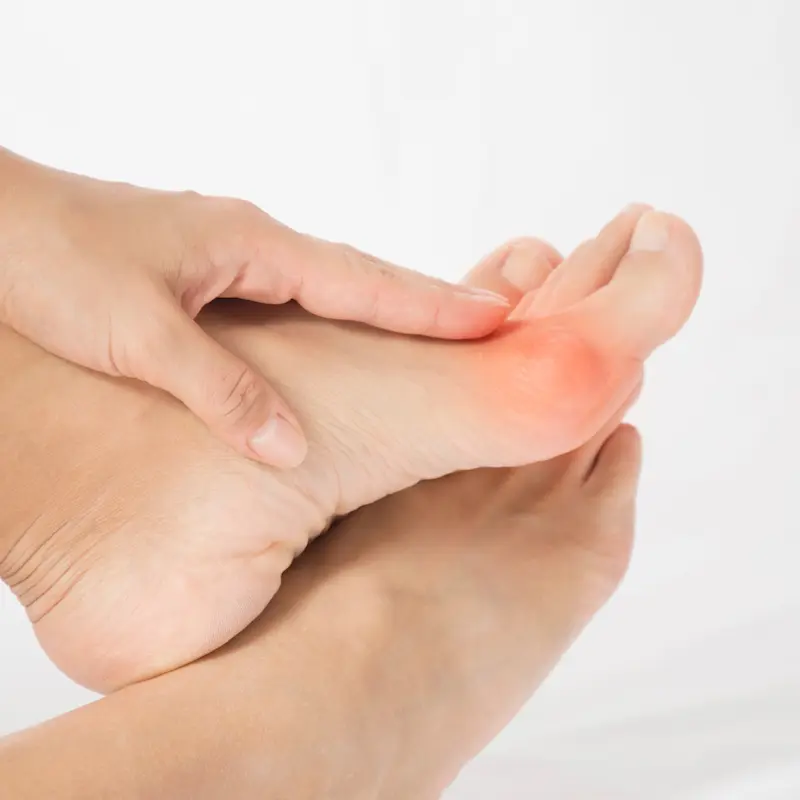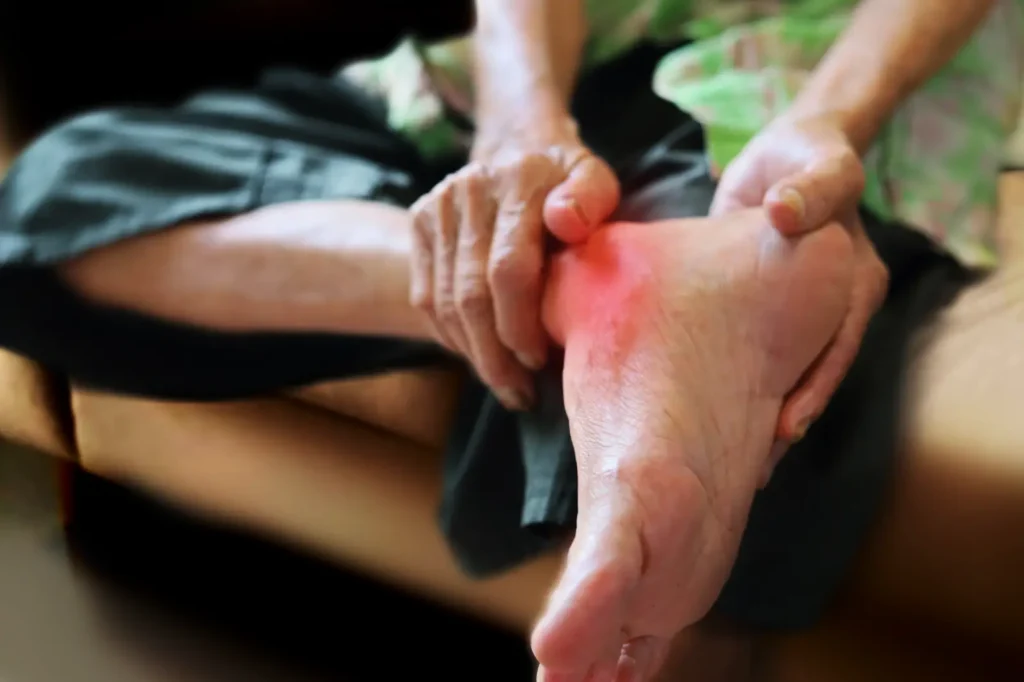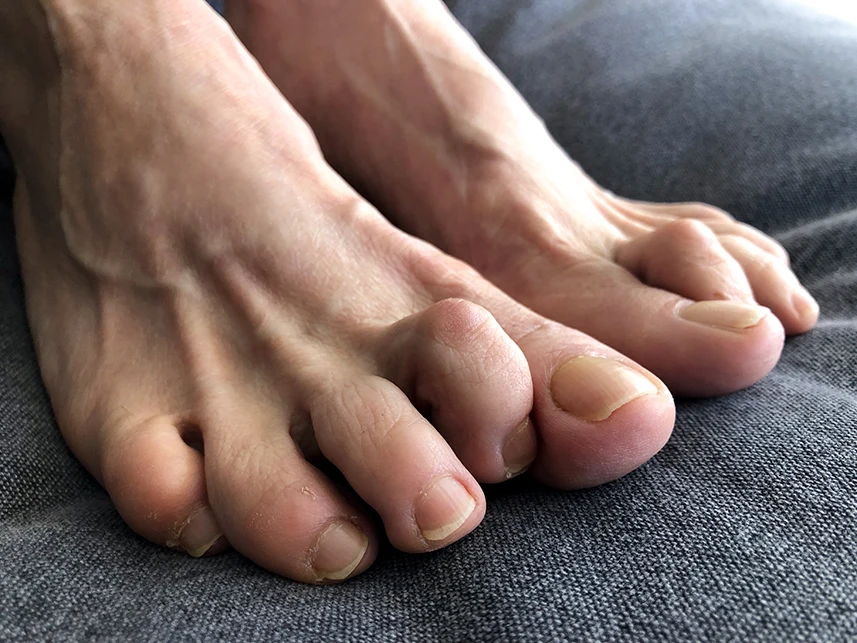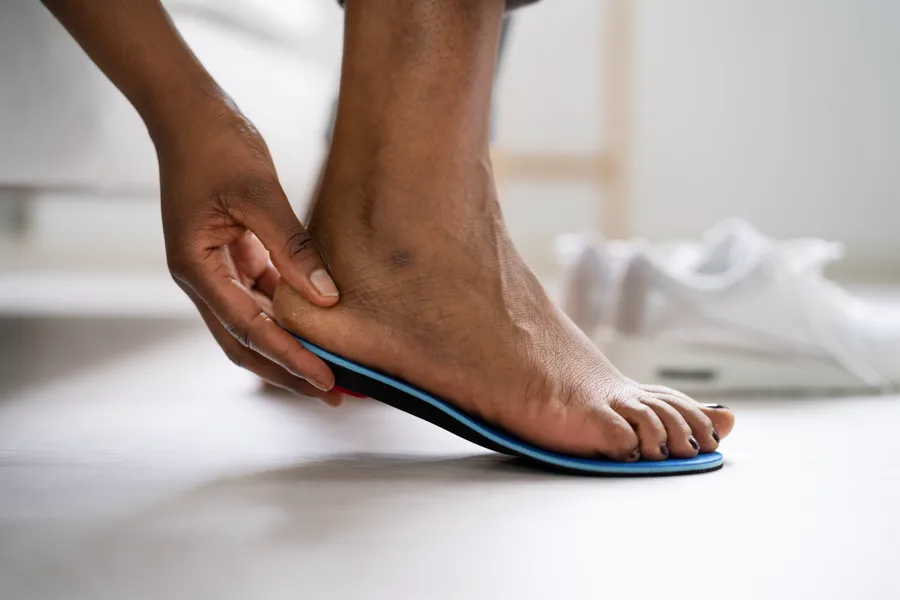Toenail Conditions
What are Toenail Conditions?
Toenail conditions encompass a variety of issues that can affect the appearance, texture, and health of the toenails. Common toenail conditions include fungal infections, ingrown toenails, trauma, and other abnormalities that can cause discomfort, pain, or cosmetic concerns.
What are Common Types of Toenail Conditions?
- Fungal Infections (Onychomycosis)
- Ingrown Toenails
- Toenail Trauma
- Nail Psoriasis
- Paronychia
- Onycholysis (nail separation)












